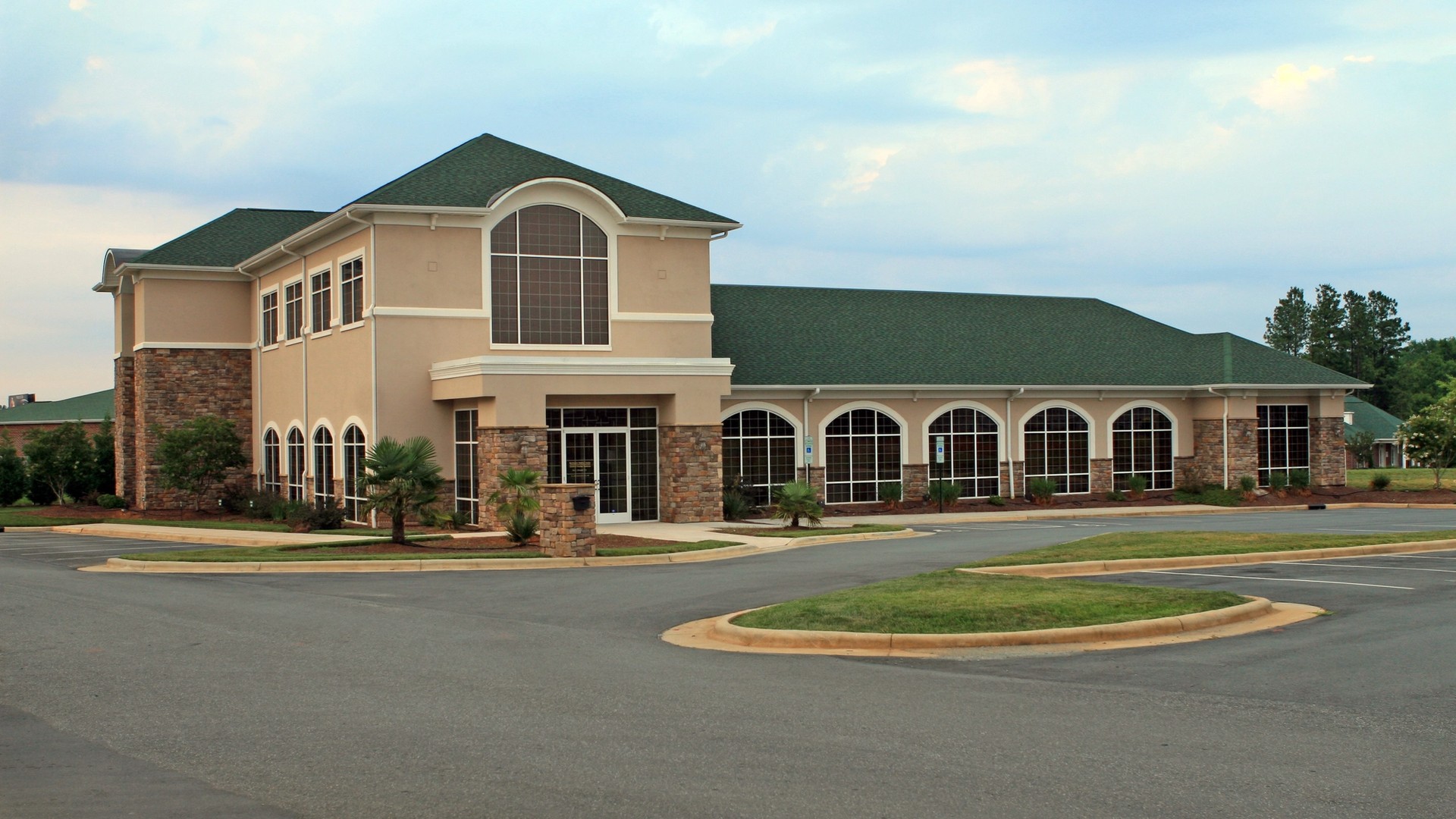
What Insurance Coverages Do Commercial Landlords Need?
·
5 minute read
Landlord insurance policies, commonly called lessors risk policies, provide liability and property coverage for building owners who lease part or all of a building they own. There are two types of risk that every landlord should guard against: damage to their owned property and being the party of a lawsuit. Here is what you need to know about the insurance coverage to protect against each:

See Your Options For Affordable Building Insurance.
Great prices. Easy quotes. Expert advice.
Property Insurance For Landlords
As a landlord, your building and its contents are very valuable, and necessary to keep your business afloat. You need property insurance to cover any damage or loss that may occur. This policy can look different depending on the type of property you are insuring, but here are some typical inclusions:
- The Building: This is fairly obvious, but is worth mentioning as it is the most important element of coverage. You need a commercial property policy for the building itself, even if it is fully inhabited by tenants who also have insurance.
- Business Personal Property: Business property that you own can often be insured along with the building in your commercial property policy, but the limits for your property and the building itself will most likely be different. Make sure you take a look at this portion of your coverage to ensure you get what you need.
- Property Used To Service The Premises: This may initially sound the same as business personal property, but there is a distinction, and it can affect your insurance limits. Property used to service the premises, such as lawnmowers, may have different limits on your insurance policy than business personal property, such as desks and chairs.
- Loss of Rents From Tenants Due To Damage To The Building: You can insure your business income on a standard property insurance policy to help keep your business afloat during hard times. For example, if your building is rendered uninhabitable due to water damage for a portion of time, this inclusion can help you recoup lost rent so that you are able to pay your bills until you complete repairs.
General Liability Insurance For Landlords
There are two main types of liability exposure for landlords: injury to a tenant or tenant employee, and injury to a third party (e.g. one of your tenant’s customers). Liability exposure is the ability to be sued by another individual due to some type of injury. In most cases, both the landlord and tenant sign a lease that includes information about who is liable for certain injuries that occur, as well as for losses that occur in common areas (courtyards, parking lots, lobbies, etc.).
Any bodily injury that occurs within the confines of the tenant’s business are ordinarily the responsibility of the tenant. For example, if you lease a space to a nail salon, and a customer gets injured while inside the salon, the tenant will be liable for that injury.
Conversely, injuries that occur in the common areas are typically the responsibility of the landlord. For example, if someone gets injured as a result of a pothole in your parking lot, you are liable for that injury, not the tenant.
LandesBlosch Tip: One way to protect yourself against these types of claims is to purchase liability insurance AND have your tenants name your business as an additional insured on their policy. This will help protect you from most types of claims, regardless of where they occur and who is responsible.
If you are listed as an additional insured, coverage applies for injuries arising out of the premises leased to the tenant. Coverage DOES NOT apply to an occurrence that takes place after the tenant ceases occupancy, or in instances where structural alterations you perform lead to the injury.
The Bottom Line
As a commercial landlord, you are exposed to many different types of risks. The best way to insulate yourself from any worst-case scenario is to purchase an insurance policy that will keep you covered, and have your tenants add you as an additional insured on their policy.
If you are a commercial landlord looking to protect yourself and your business from various risks, give us a call and one of our experts will put together an insurance policy that will keep you covered. You can also get an instant online quote from 10 different insurance companies by scrolling to the bottom of this page and starting a quote.
About The Author: Austin Landes, CIC
Austin is an experienced Commercial Risk Advisor specializing in and leading LandesBlosch's design professional, real estate, and construction teams.
